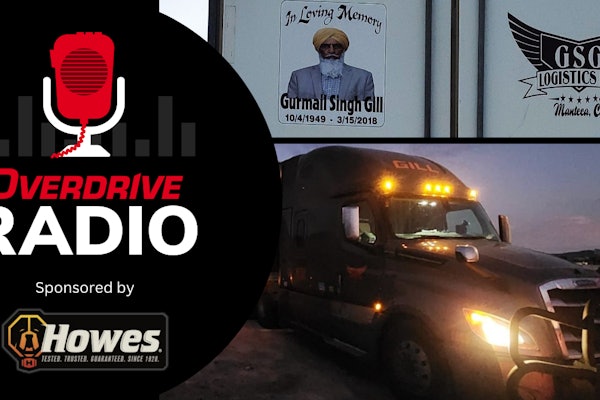Since this blogger noted his book here, Shane Hamilton keeps making headlines. It’s no wonder. An excellent history of the forces at the heart of the long-term 20th-century move toward the deregulatory political climate we’ve all seen in the past 30 years, his Trucking Country book spells out the central role of independent truckers and agribusiness in said political climate. In a recent interview posted to the emNew York Times’ Freakonomics blog, Hamilton spelled out some of the issues his book takes on, and of particular interest to the Times writer were the role of independent trucking culture in shaping economic policy.
In the Qamp;A part of the blog post, titled “>What Do Truckers Have to Do With Country Music, Food Prices, and Politics?”, Hamilton notes the cutthroat competition that has characterized trucking since the passage of the 1980 Motor Carrier Act, deregulating the industry. And in response to one of the final questions — “What does the future of trucking look like?” — he delivers this somewhat solemn note about so many owner-operators’ supposed inability to pass along increased costs to their shipper and carrier customers (though it’s doubtful, as this post’s title suggests, maybe Hamilton needs a lesson in fuel surcharges):
br As a historian, I don’t predict the future. However, the evidence seems overwhelming that petroleum prices are soon going to be climbing rapidly upward. Many owner-operator truckers will likely find themselves in a cost/price squeeze, unable to cover the increased expense of keeping their rigs fueled while faced with shippers’ demands for the lowest possible freight rates. In such a situation, bankruptcies would be rampant in the trucking industry. In the long run, it seems likely that rising fuel costs will lead shippers to turn increasingly to railroads for cross-country transportation, using trucks only for relatively short hauls (as was the case from the 1920’s to the 1940’s, before long-haul trucking really took off). Most of the nation’s distribution infrastructure is entirely reliant on highway transportation; however, the American Trucking Association estimates that 80 percent of U.S. communities receive their goods solely by truck.br
To read the interview in its entirety — and I’d suggest doing so before passing judgment — click here.






